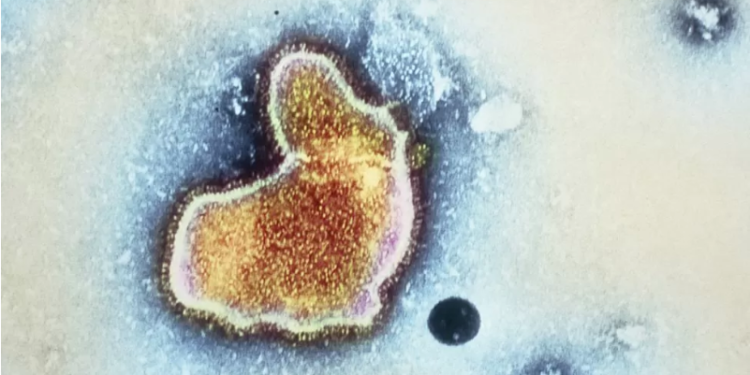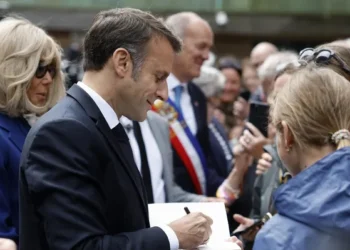A vaccination against the respiratory syncytial virus (RSV), which claims the lives of thousands of Americans each year, has been licenced by the US Food and Drug Administration.
Before being made available to the general public, the vaccine still need approval from the US Centres for Disease Control and Prevention.
According to authorities, the vaccine, called Arexvy by the maker GSK, is a significant advancement that will save many lives.
In a few months, senior citizens might have access to it, according to officials.
“Today’s approval of the first RSV vaccine is an important public health achievement to prevent a disease which can be life-threatening,” said Dr. Peter Marks, director of the Food and Drug Administration’s (FDA) Centre for Biologics Evaluation and Research.
RSV is a respiratory disease that normally affects adults and causes cold-like symptoms, but it can be deadly for small children, the elderly, and people with underlying medical issues.
According to the CDC, it typically kills 100–300 children under the age of five in the US every year.
Additionally, it results in 6,000 to 10,000 deaths of adults over 65 each year and 60,000 to 120,000 hospital admissions.
In extreme circumstances, it can lead to bronchiolitis, which includes an accumulation of lung inflammation and breathing difficulties.
The medication has been in development for more than 60 years and is the first to be approved globally to prevent RSV.
A study conducted by the UK-based company GSK and released in February revealed a vaccination efficacy of 82.6%.
Most “mild or moderate” side effects subsided within two days. The most typical symptoms are weariness or soreness at the injection site.
How to recognise RSV in kids
RSV can advance from a blocked or runny nose to a dry cough, fever, and occasionally breathing issues.
Most kids will only experience moderate symptoms, which can be handled at home with infant paracetamol or ibuprofen.
If your child is not eating regularly, is breathing quickly, or has a high temperature that won’t go down, call a doctor or get medical help.
If your child is struggling to breathe and is showing signs of exhaustion, such as paleness and perspiration, you should call emergency services right away.














































